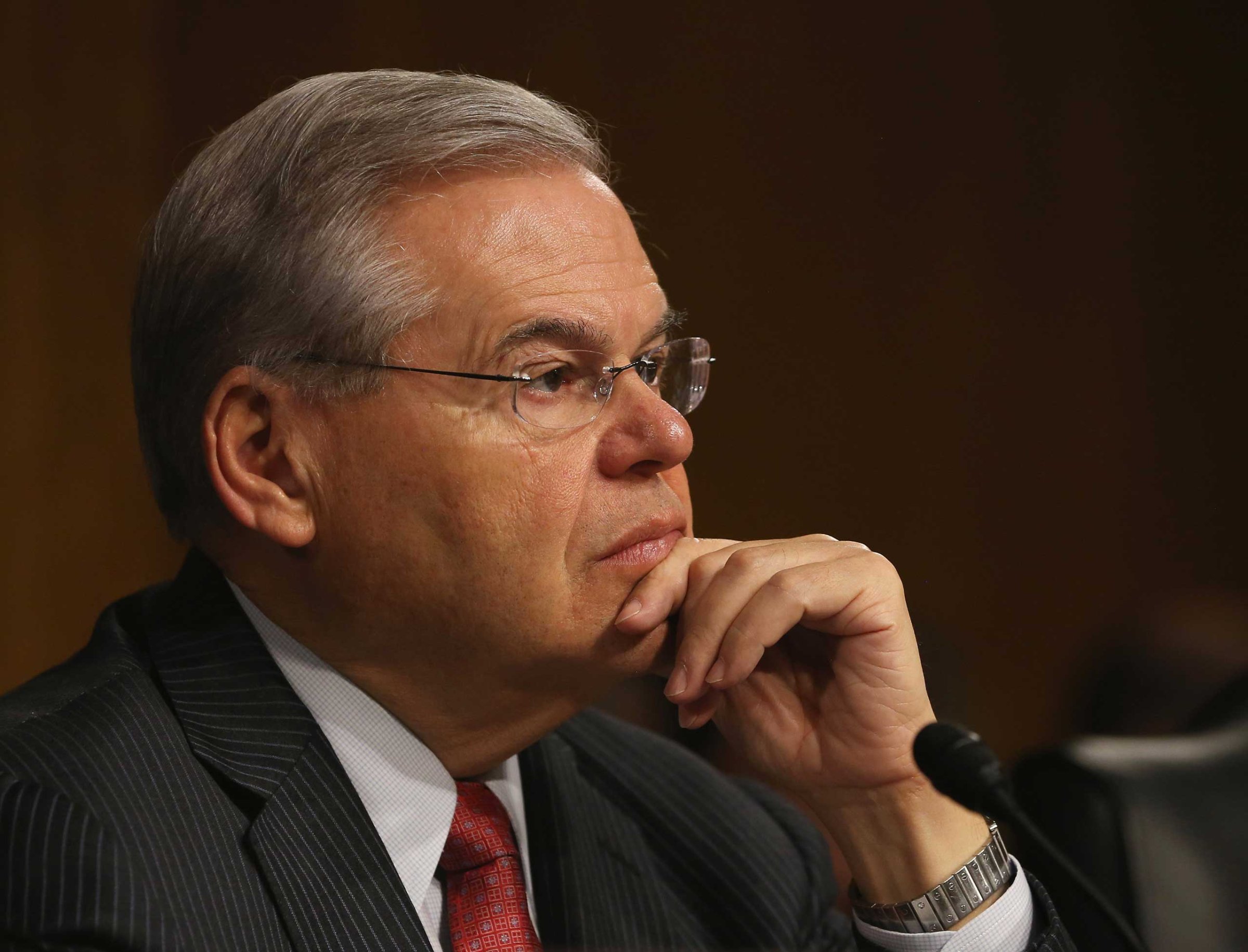
Correction appended, April 2
In his 2010 State of the Union, President Obama famously criticized the Supreme Court’s logic on a campaign finance decision even as several justices sat in the audience.
Now, prosecutors at the U.S. Justice Department have found an even better way to make the case.
In their indictment of New Jersey Sen. Robert Menendez, prosecutors have called foul on one of the central arguments for the court’s interpretation of campaign finance law in the Citizens United decision.
The indictment alleges that Florida opthamologist Solomon Melgen corruptly showered Menedez with gifts intended to influence official acts, from procuring visas for his foreign girlfriends to intervening in a dispute over Medicare billing. Among those things of value, according to prosecutors, was $600,000 in donations from Melgen’s company, Vitreo-Retinal Consultants, earmarked to help Menedez’s reelection through a super PAC called Majority PAC.
Those donations came two years after Justice Anthony Kennedy, writing for a majority of the court in Citizens United v. FEC, ruled that such contributions to outside groups not directly controlled by candidates presented no risk of corruption or the appearance of corruption.
“This Court now concludes that independent expenditures, including those made by corporations, do not give rise to corruption or the appearance of corruption,” Kennedy wrote. “That speakers may have influence over or access to elected officials does not mean that those officials are corrupt. And the appearance of influence or access will not cause the electorate to lose faith in this democracy.”
This argument was central to the Supreme Court’s decision to allow outside groups to collect and spend unlimited amounts of money to explicitly call for the election and defeat of a candidate for federal office. Since the money technically went to an organization not controlled by the candidate, the court reasoned, there was no sufficient government interest to stop it.
These U.S. Senators Are the Only Ones to Ever Get Indicted
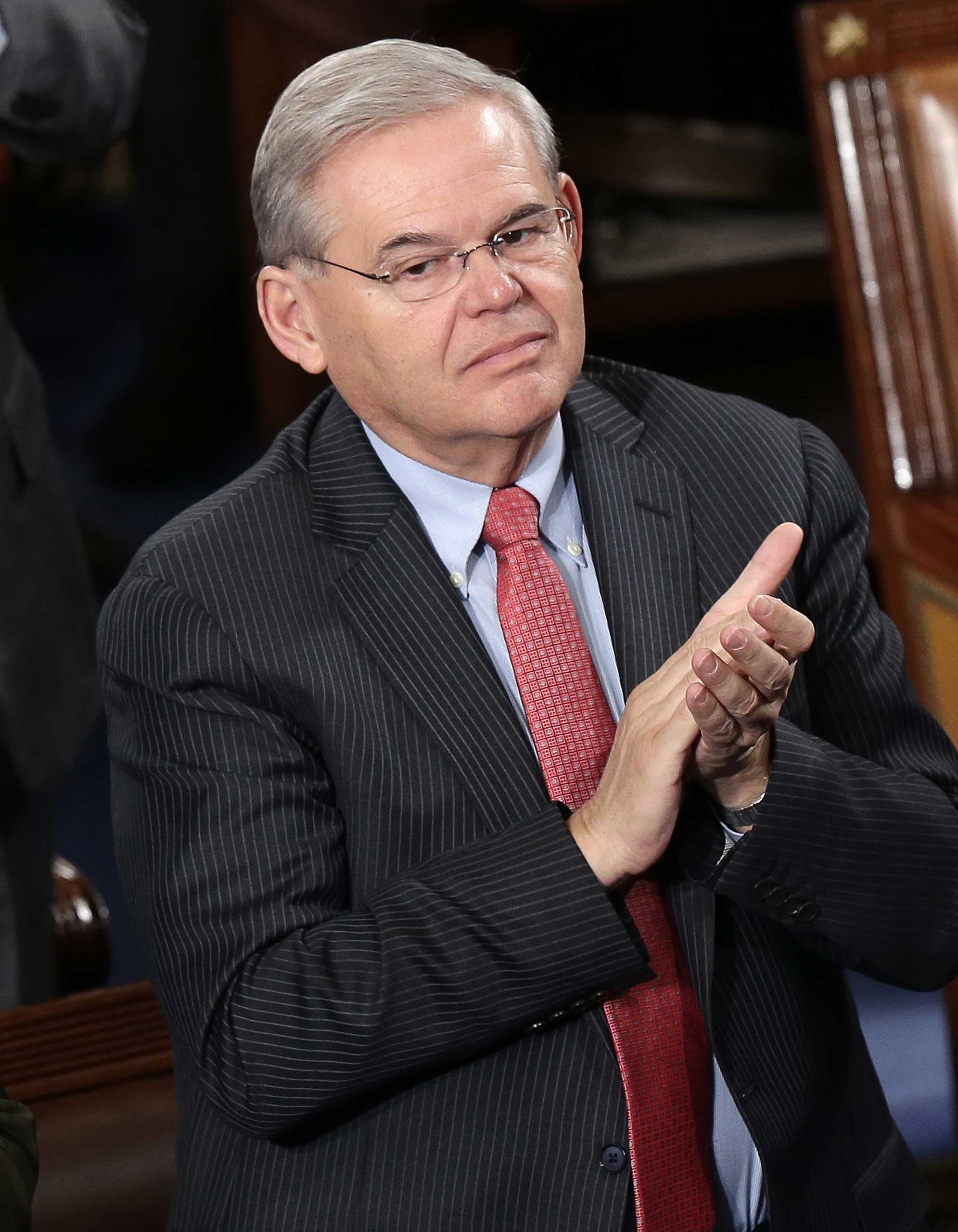
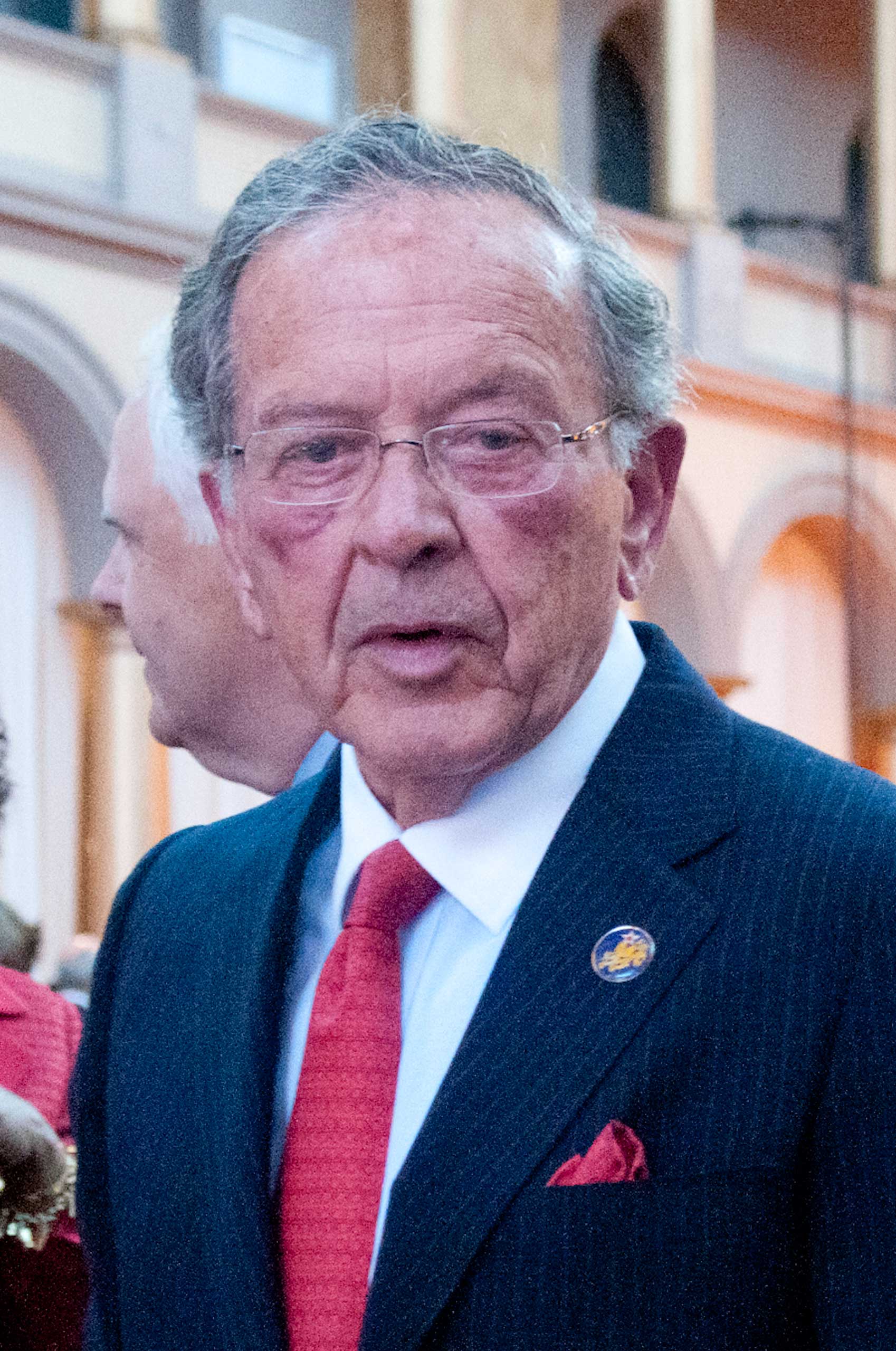
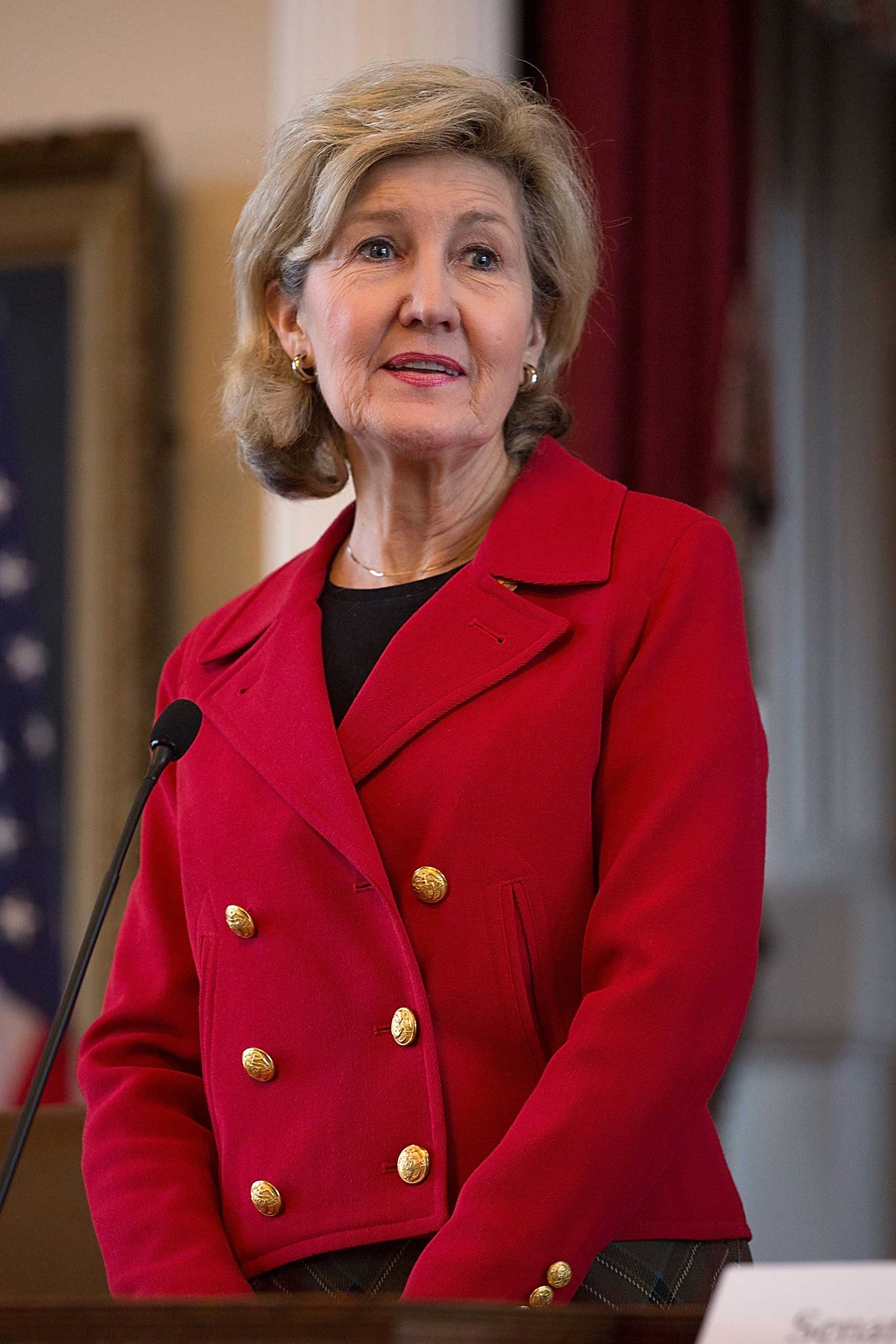
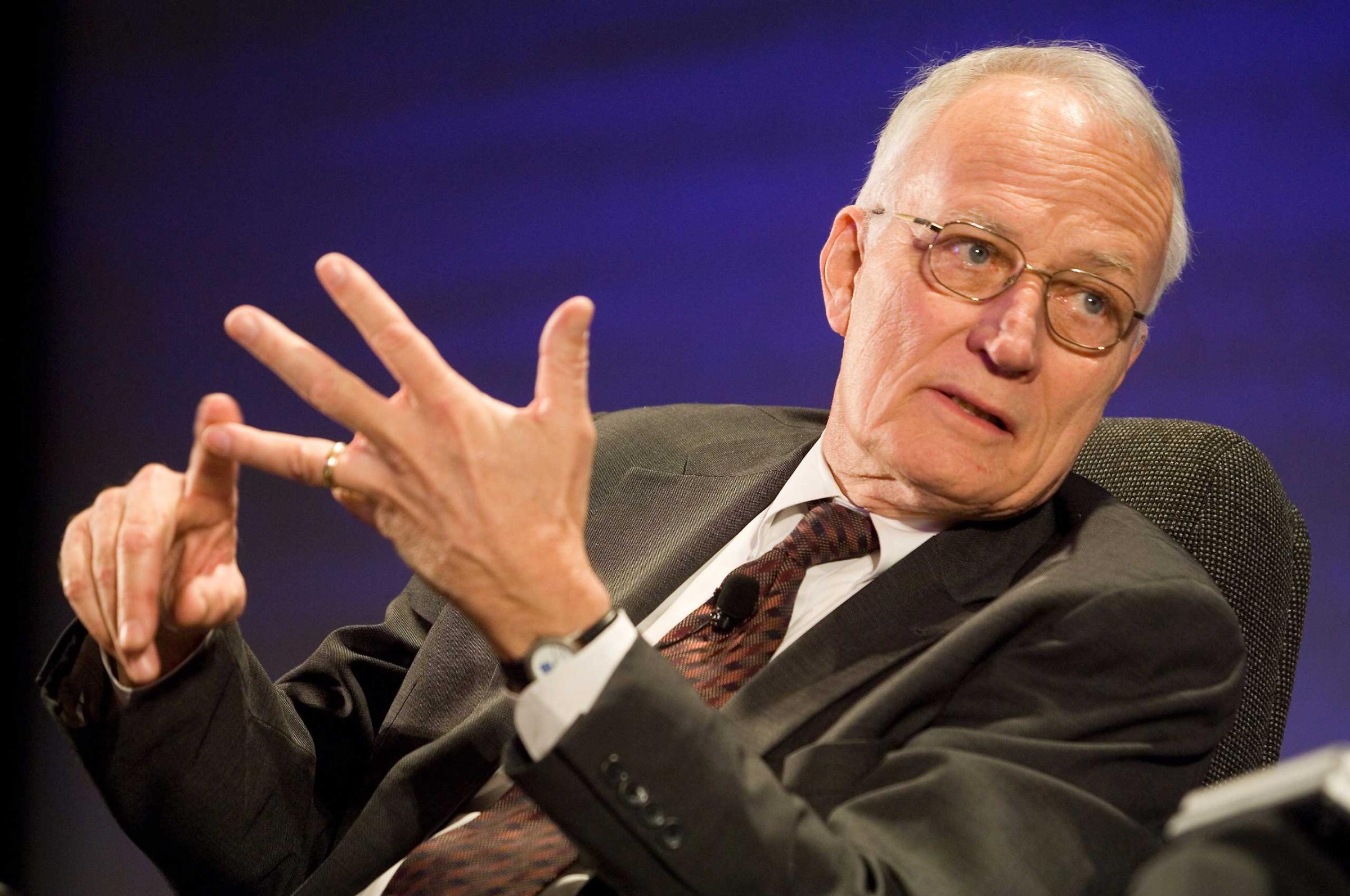
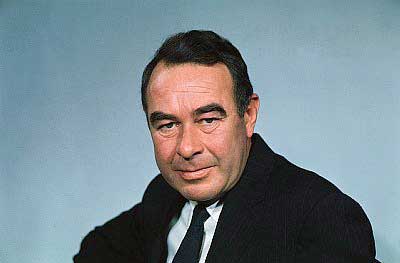
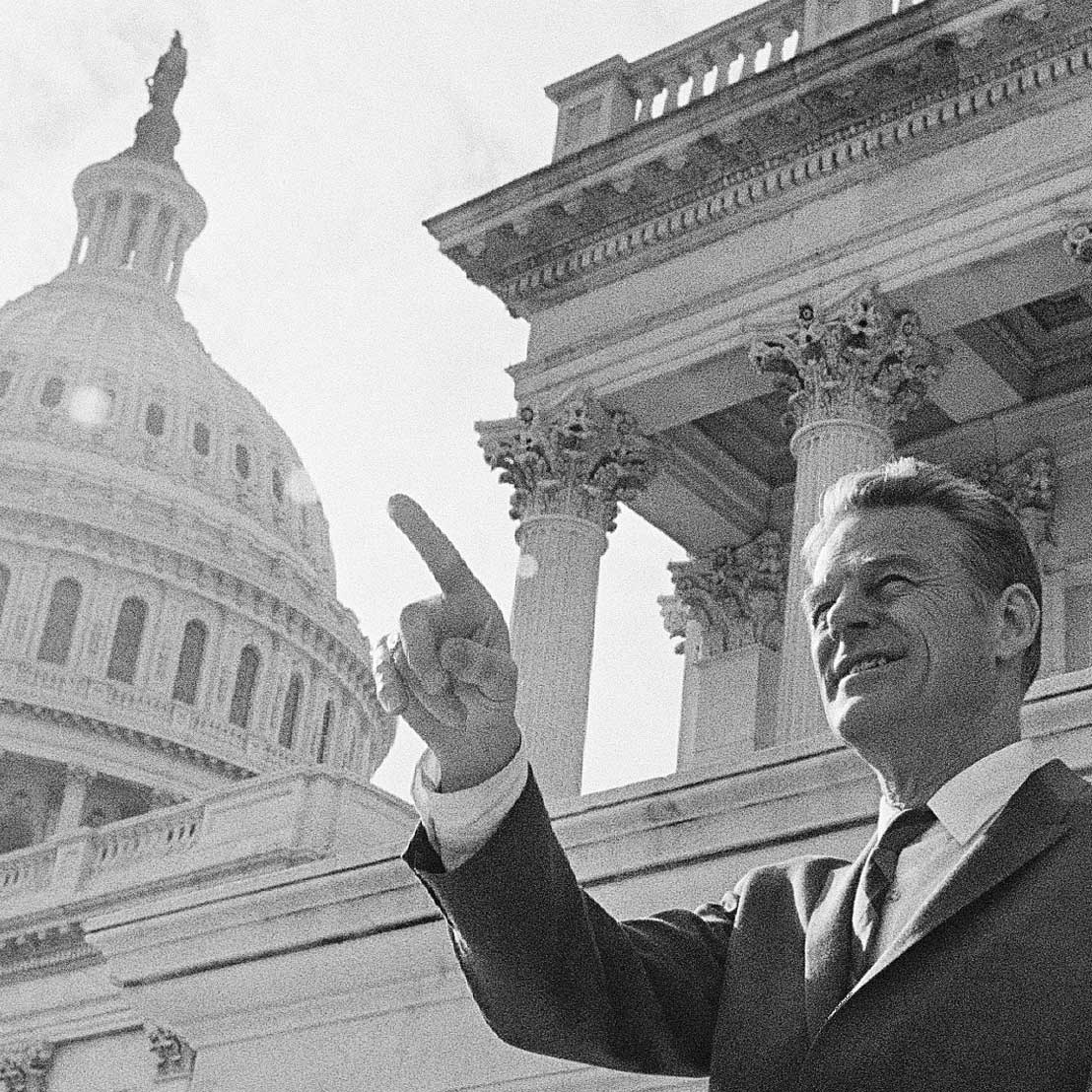
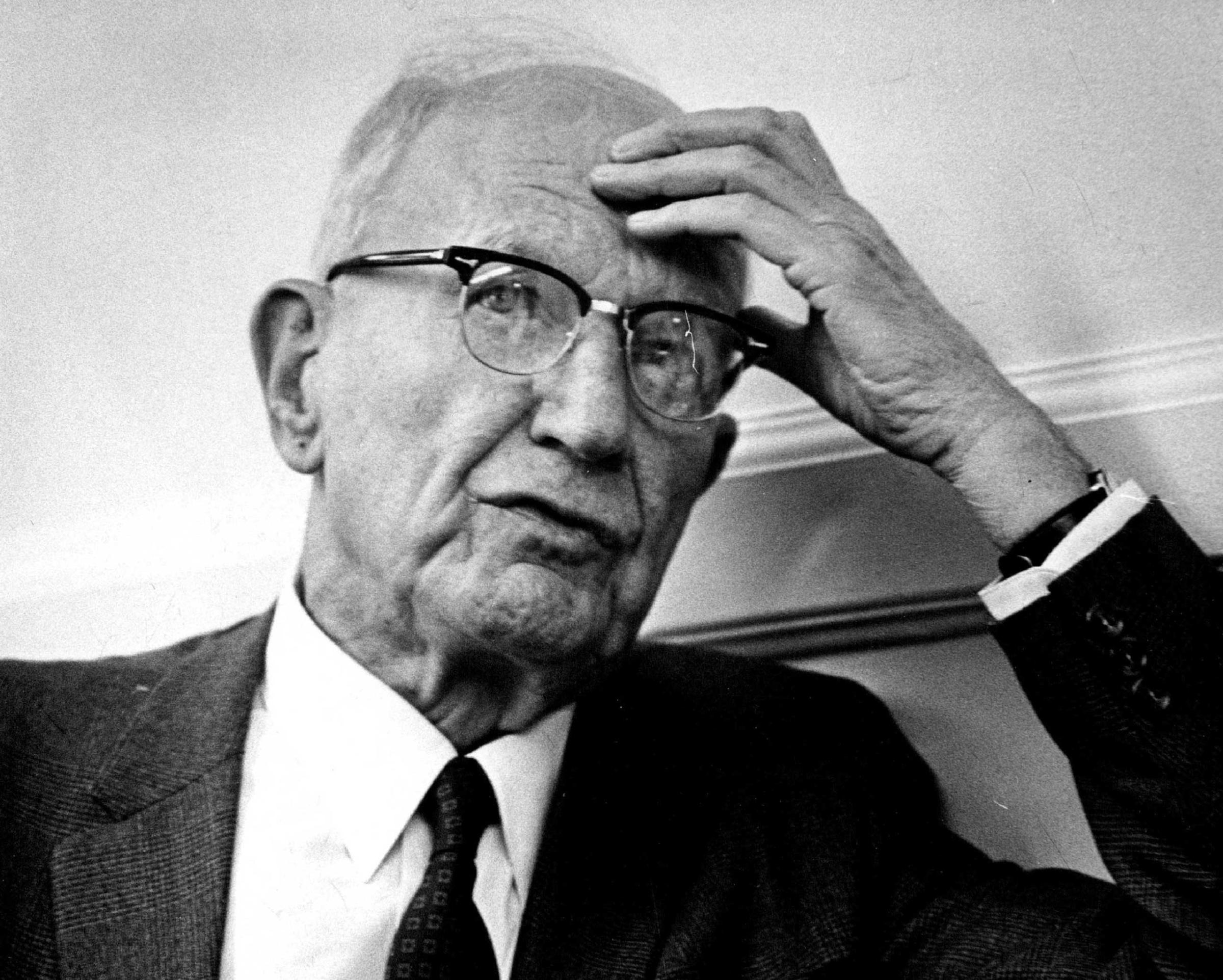
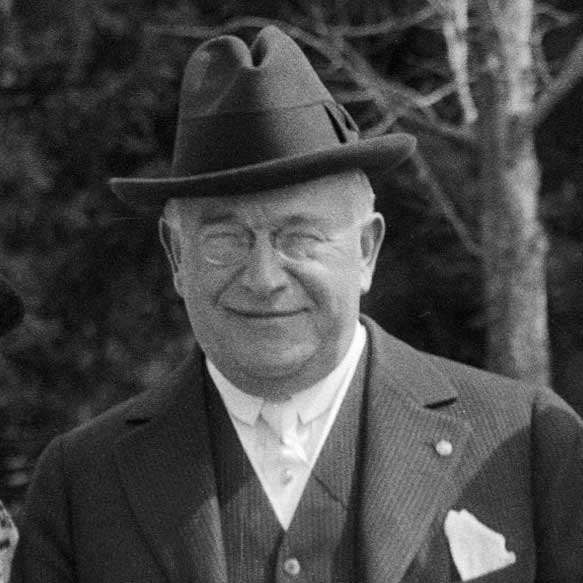
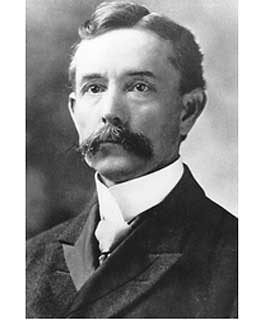

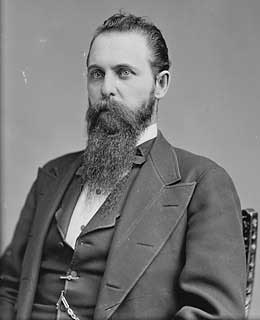
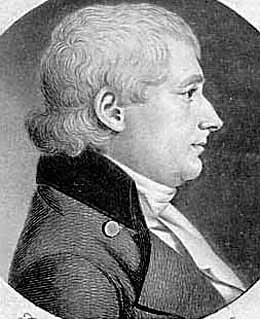
The indictment of Menendez, however, reveals in great detail the extent to which “independent” groups like Majority PAC have found ways to operate in close coordination with the candidate. And if Menendez is convicted, the case will prove that corruption can still be facilitated through these outside groups.
“The Citizens United court majority was obviously wrong in 2010 when it declared that independent expenditures can’t corrupt,” says Paul Ryan, an attorney for the Campaign Legal Center, who has long been critical of the decision. “Now we have concrete alleged evidence of how independent expenditures do corrupt.”
The indictment alleges that Melgen gave the money to support Menendez in two checks of $300,000. The first check was given on June 1, 2012, the very day when Melgen served on the host committee of Menendez’s annual fundraising event in New Jersey. Melgen allegedly gave the check to “a close personal friend” of the Senator at the fundraiser, who sent the check by FedEx to a person working to raise money for Majority PAC with a note saying “earmarked for New Jersey.” (That clearly meant Menendez. Majority PAC focused its spending on Democratic Senate races, and he was the only Democratic Senate candidate that year from New Jersey.)
Melgen issued a second check on October 12, 2012, less than a month before the election, prosecutors allege. An email from a fundraiser that accompanied the second check also read “earmarked for New Jersey.”
About six days after Melgen issued the first check, Menendez allegedly advocated on Melgen’s behalf in a Medicare billing dispute with the acting administrator of the Centers for Medicare and Medicaid Services. About a month later, Menendez sought a meeting with the Secretary of Health and Human Services to discuss Melgen’s concerns.
“During Menendez’s meeting with the Secretary of HHS, Menendez advocated on behalf of Melgen’s position in his Medicare billing dispute, focusing on Melgen’s specific case and asserting that Melgen was being treated unfairly,” the indictment reads. “The Secretary of HHS disagreed with Menendez’s position.”
After Melgen gave the second $300,000 check, Melgen separately emailed Menendez and a fundraiser for Senate Majority PAC a document asking again for Health and Human Services to intervene on his behalf in the Medicare billing dispute, the indictment claims. The fundraiser for the Senate Majority PAC wrote back by email that he would pass the information on to another senator, identified in the legal documents as Senator 3. “Dear Sal, I’m going to see him on Tuesday. I will give this to him directly. Is that ok?”
Menendez has maintained this innocence, and says he plans to fight the charges.
Correction: This post initially misidentified the senator that a fundraiser for Senate Majority PAC promised to communicate with on Melgen’s behalf.
Read next: New Jersey Senator Faces Corruption Charges
More Must-Reads from TIME
- Cybersecurity Experts Are Sounding the Alarm on DOGE
- Meet the 2025 Women of the Year
- The Harsh Truth About Disability Inclusion
- Why Do More Young Adults Have Cancer?
- Colman Domingo Leads With Radical Love
- How to Get Better at Doing Things Alone
- Michelle Zauner Stares Down the Darkness
Contact us at letters@time.com